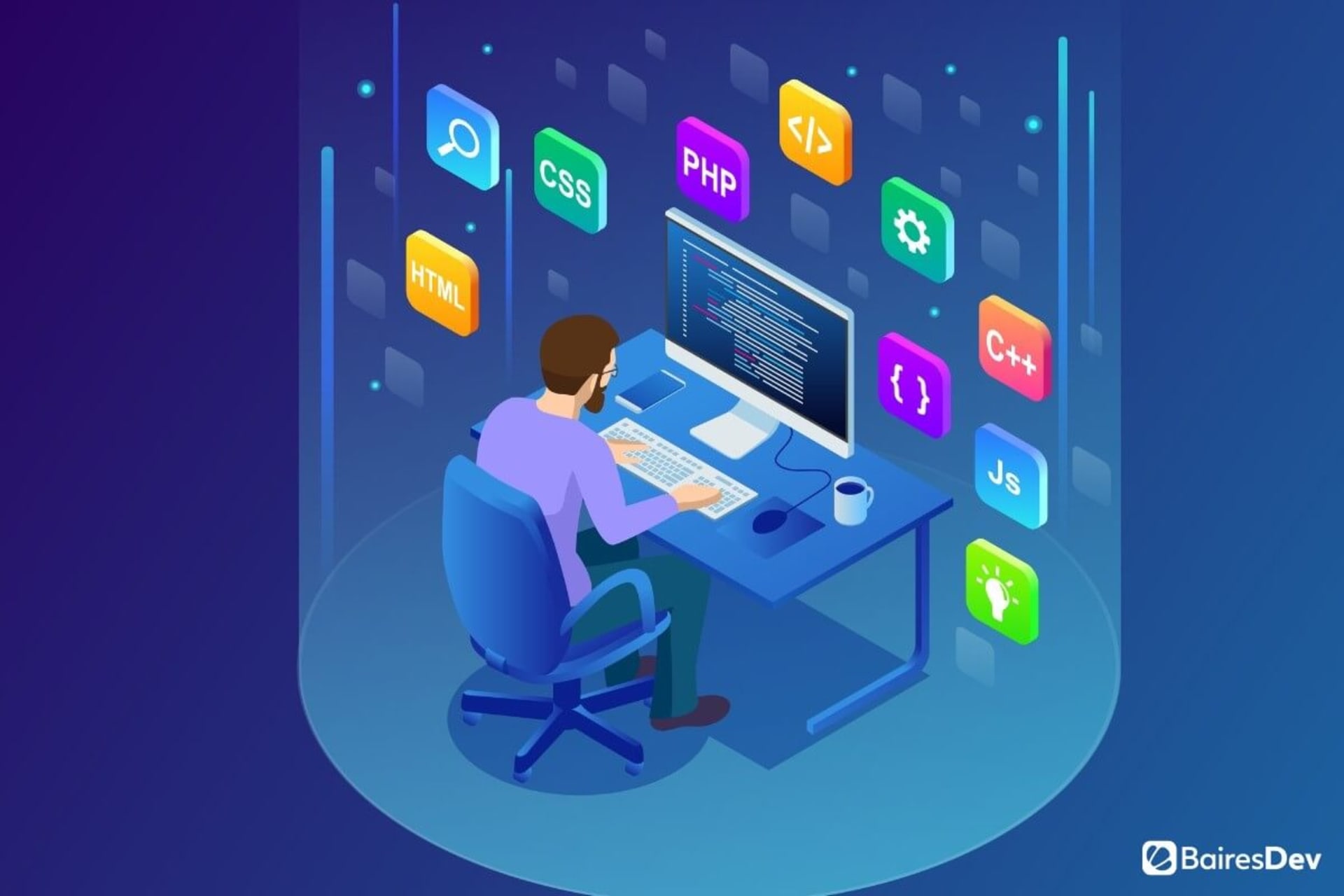If the last 18 months have taught us anything, it has to be that a lot of the things we used to do in person in pre-pandemic times can be easily done online. Remote work might be the most visible example of this but there are plenty more: buying groceries, seeing a doctor, meeting new people, celebrating birthdays. The list goes on.
As governments issued stay-at-home orders, a lot of people “discovered” the power and comfort of doing a lot of these things online. Now that we can see the light at the end of the COVID-19 tunnel, it’s safe to assume that a lot of these things are here to stay. And with 5G being deployed globally, IoT devices getting more popular by the minute, and edge computing getting more traction, our lives are about to get a lot more digital.
The optimist in me loves the idea of living in a highly connected world where you can interact smartly and comfortably with diverse people and devices wherever you are and wherever you go. Yet, the news keeps stubbornly reminding me that there’s a potential downside for that online, connected, and always-on life: the looming threats over our data security and privacy.
The more digital our lives get, the more exposed we become—and that’s hardly a prediction. 2021 has already seen massive data leaks and significant ransomware attacks. Unfortunately, those events aren’t going away anytime soon. That’s the main reason why cybersecurity has become a huge priority for all kinds of organizations, both public and private.
That obviously begs the question: What does that priority shift for data privacy and end users? Should we resign to the digitization process our lives are going through to keep our privacy? Of course not. Companies are already working on ways to ensure privacy in our increasingly digital world and are mainly investing in the hottest tech right now. I’m talking about artificial intelligence (AI).
The Future of Data Privacy Belongs to AI
According to a 2019 study by Gartner, 40% of privacy compliance technology will use AI by 2023. This figure alone comes to show that companies see AI algorithms as their best allies in their mission to protect data privacy.
It makes sense. We are generating such a massive amount of data, that manually securing it is nothing short of a utopia. How can you expect a manual approach to guarantee the security and privacy of the 71 zettabytes’ worth of data we’ll generate by the end of 2021? That’s why integrating AI algorithms for safeguarding data privacy feels so natural—the very nature of AI-driven solutions is to process and analyze vast amounts of data in a very short period of time.
By turning to these algorithms, companies are looking to set up barricades to prevent attacks, breaches, and leaks while ensuring maximum privacy for their data and that of their users. That’s why so many people believe that the future of data privacy belongs to AI. And why some of them are already building that future today.
How AI Can Make a Difference for Privacy
To truly understand how AI can make a difference for data privacy, it’s important to comprehend the challenges we’re facing today. While there might be some edge cases across diverse industries, the reality shows that organizations have 2 major issues to deal with: varying regulations around user data and user activity volume.
On one hand, there are regulations that apply to different industries, countries, and regions. Buying something online or even working remotely can mean that the data we share has to comply with different regulatory frameworks, which is a huge challenge for companies to tackle. On the other hand, there’s the countless user activities that happen simultaneously, which can turn the authentication process into a nightmare.
Fortunately, AI can help with both of those things. An effective algorithm can dynamically take care of multifactor authentication and access control through an adaptive approach. Thus, the AI can adapt to the users’ behaviors and desires at any given moment depending on predefined criteria. Thus, the algorithm can automatically check the regulations in place, the permissions requirements, and the users’ preferences to frictionlessly log in to any service.
The best thing about it is that it isn’t an invasive approach. Companies and organizations can be sure that they are complying with whatever regulations apply to them while users can rest assured that their privacy preferences aren’t violated at any given time, even if their data goes through different service providers.
Of course, AI also guarantees a high processing efficiency. In other words, the multiple and simultaneous user activities in any given service or platform wouldn’t be a problem for AI to secure the privacy of the data being exchanged. That way, millions of users accessing and making transactions on a particular website or platform don’t have to worry about bottlenecks that hinder the experience nor about privacy issues.
That’s not all. Given how shopping is starting to dominate the activities we conduct online, making sure that user data is properly anonymized and kept private is critical. Unfortunately, there’s an inherent risk in buying things online: you have to share personal information to get the items you buy to your house. Thus, you have to provide your name, address, contact information, along with credit card numbers or other financial and sensitive information.
The risk in doing so is double. On one hand, hackers can get their hand on that information and cause a massive disruption to your life. On the other hand, companies can abuse their control over that data and sell it to the highest bidder in an appealing personal information plus online behavior combo. Luckily, there’s a challenge in there that AI can help tackle.
An AI algorithm can segment the data you use when you buy online and share only the essential information with the providers that require it to charge for and ship the product. That allows, for example, for the shipping company to get only the zip code and address while the payment gateway gets only the information it needs to complete the transaction. Isolating these processes from one another in every purchase could easily be overwhelming, but AI can make it possible thanks to its processing capabilities.
AI Is Already Proving Its Worth for Data Privacy
The uses for AI in protecting data privacy don’t end there. AI algorithms can also help encrypt and anonymize data in different transactions, not just in online shopping. They can also make sure that private data stored on any provider’s servers has an “expiration date” that prevents companies from hoarding personal information long after the transaction has taken place.
As it happens with other fields, the applications of AI for data privacy are countless. The most important thing about this technology when it comes to privacy, though, is that it has the potential to give back power over data to the people who actually own it. Is AI enough to fully ensure data privacy? Of course not. There’s also the need for more robust services and more detailed regulations. However, AI is already proving its worth for data privacy right now and raising the bar for data protection, something all organizations should take note of.
If you enjoyed this, be sure to check out our other AI articles.







